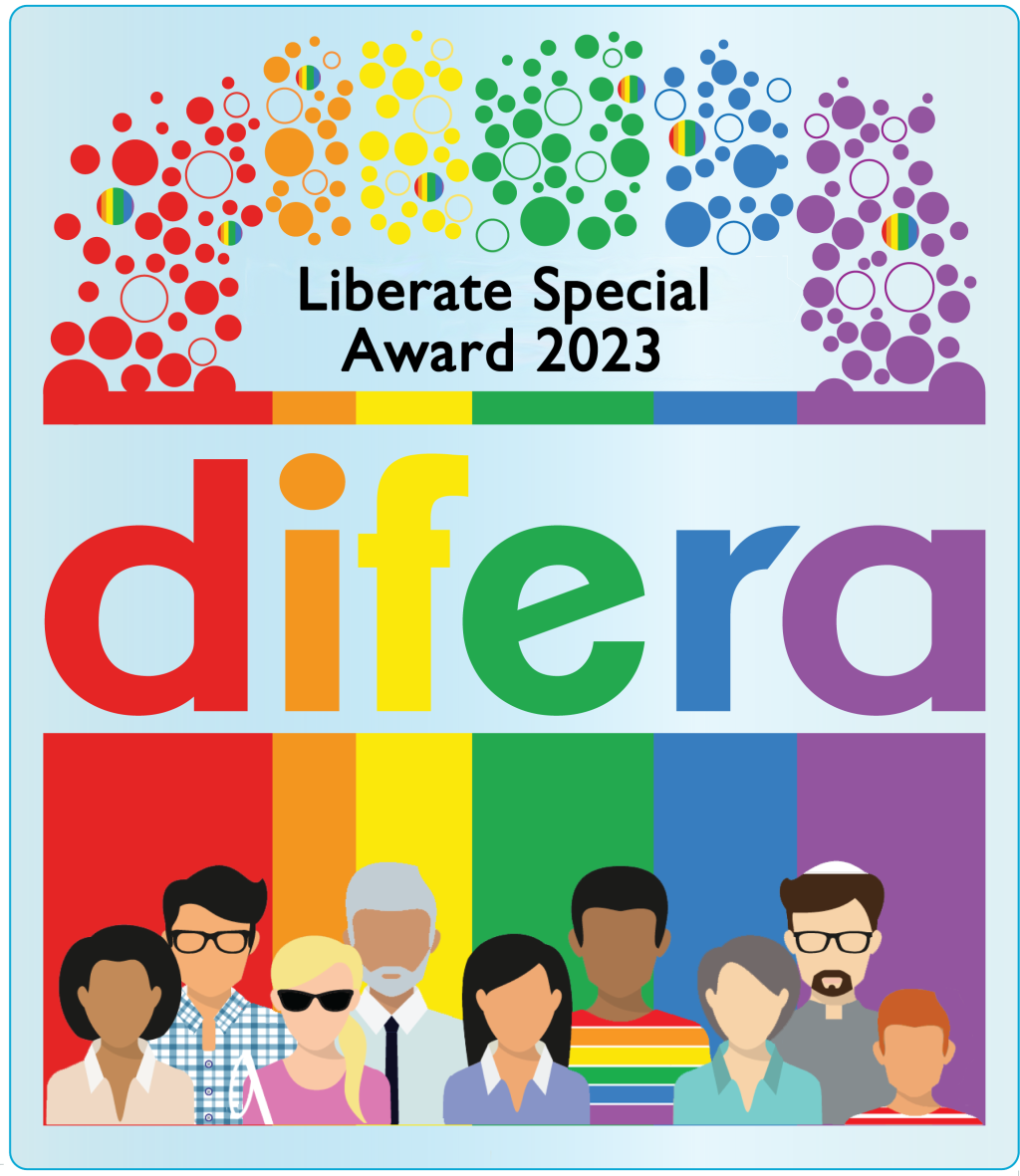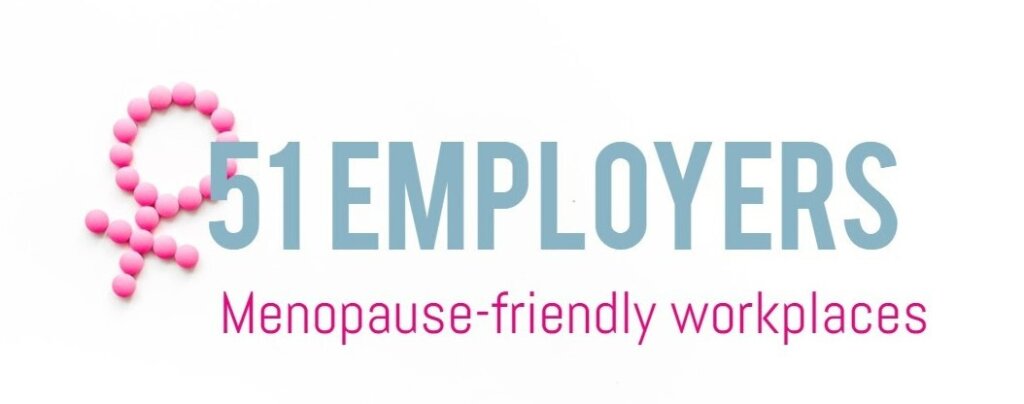Religious Education at KS4
GCSE Religious Education: RE lessons explore different beliefs and values as well as practices. We focus on Christianity and Islam, alongside themes of Relationships and Families, Life, Crime and Punishment, and Peace and Conflict. We use current and relevant examples including the Israeli Palestinian conflict, different ways that the death penalty is being administered, including hydrogen gas, and how we should deal with overcrowded prisons. 20-40% of the year group tend to take RS GCSE as an option.
PSHE and Citizenship: This is a key area where students learn about responsible behaviour, rights and responsibilities, the importance of equality, and community membership. Religious issues are discussed at times for example FGM, stereotypes and discrimination.
School Assemblies: These provide opportunities to discuss moral and religious themes, celebrate achievements, and foster positive values including empathy and self-discipline. A thought for the week is given each week and students are encouraged to share their thoughts. For example, in recent months we had a student who gave an in-depth presentation on the different groups within Judaism. The remembrance service also offers a poignant moment to gather as a college for reflection and gratitude. The emphasis of assemblies is often on religion/spirituality/morality. The Carol Services offer a greater understanding of the Christmas story, alongside a celebration of the festival and an opportunity for awe and wonder.
Curriculum: Opportunities for spiritual and moral reflection arise naturally within other subjects and allow for broader discussions on diverse cultures and values. These subjects include:
Geography Development and Human Welfare unit
History The religious laws introduced by Elizabeth I and differences between Protestants and Catholics. How Islam and Christianity took different approaches to medicine in the Medieval period. In the Germany unit the persecution of German and European Jews by the Nazis is re-visited in more depth than at KS3.
English Literature The Crucible, Purple Hibiscus (clash of Christianity and Igbo cultures), When a man falls from the sky (spiritual beliefs often found in Nigeria, where the spiritual and physical worlds are intertwined), A taste of milk and honey (religious persecution of gay people and unmarried mothers), Their Eyes Were Watching God, Streetcar named desire (southern Puritanism), War of the Worlds (Darwinism, Apocalypse, Religion), elements of the poetry anthology.
Art This is based on personal interest, but students often use religious iconography or themes like war and conflict in their work. Year 10 also study the work or Caravaggio, so religious themes are considered here too.
Textiles Big Ideas Project which encourages students to think creatively and thoughtfully across three key themes: Sense of Place and Cultural Identity, Accessibility, and Sustainability. Through these themes, students explore how textiles can express personal and cultural identity, drawing on different traditions, beliefs, and communities for inspiration. They learn about the role of textiles in representing culture and religion, developing respect and understanding for global diversity.
Languages: Each Language has a unit on festivals. All students study French and the onus is on diversity, inclusion, tolerance and celebration.
Clubs and activities: Our annual festival of cultures is a celebration of the diversity within the college, it sees students and staff leading workshops from a variety of different cultures and religions which are celebrated with joy, emphasising the inclusivity of the College. Examples from last year include mandalas, yoga, Dante’s Poetry, henna. House debates in Year 10 (whole year involvement) discuss contentious issues and are a chance for students to learn about and from religion. Opt-in clubs that include religious issues and non-religious worldviews include MUN discussion club, Mr Howarth’s Discussion Group, Culture Club and Christian Union.
SMSC: Spiritual, Moral, Social, and Cultural development is seen as a holistic framework that underpins all areas of learning and the broader curriculum within the College. It comes through in PSHE, tutor programmes, college assemblies, school assemblies, Festival of Cultures, extracurricular, carol service and leavers service.
Core Values and Skills Developed
Tolerance and Respect: Fosters an acceptance of diversity and different viewpoints as well as developing one’s own.
Responsibility: Understanding and acting on responsibilities as members of various groups.
Empathy: Develops the ability to understand and share the feelings of others.
Self-Discipline: Encourages thoughtful and regulated behaviour.
Critical Awareness: Facilitates and develops the capacity to think about complex issues from different perspectives.




